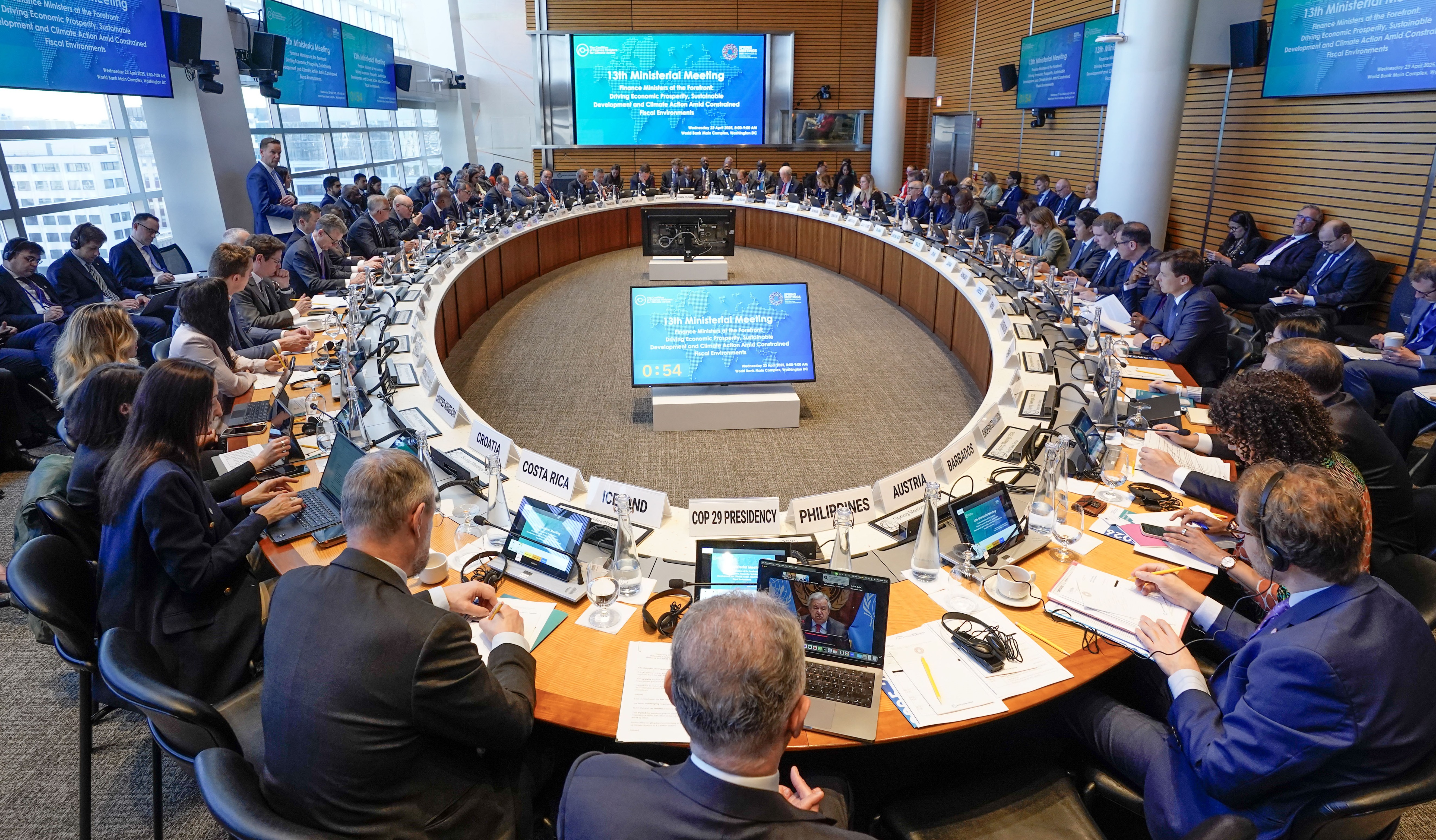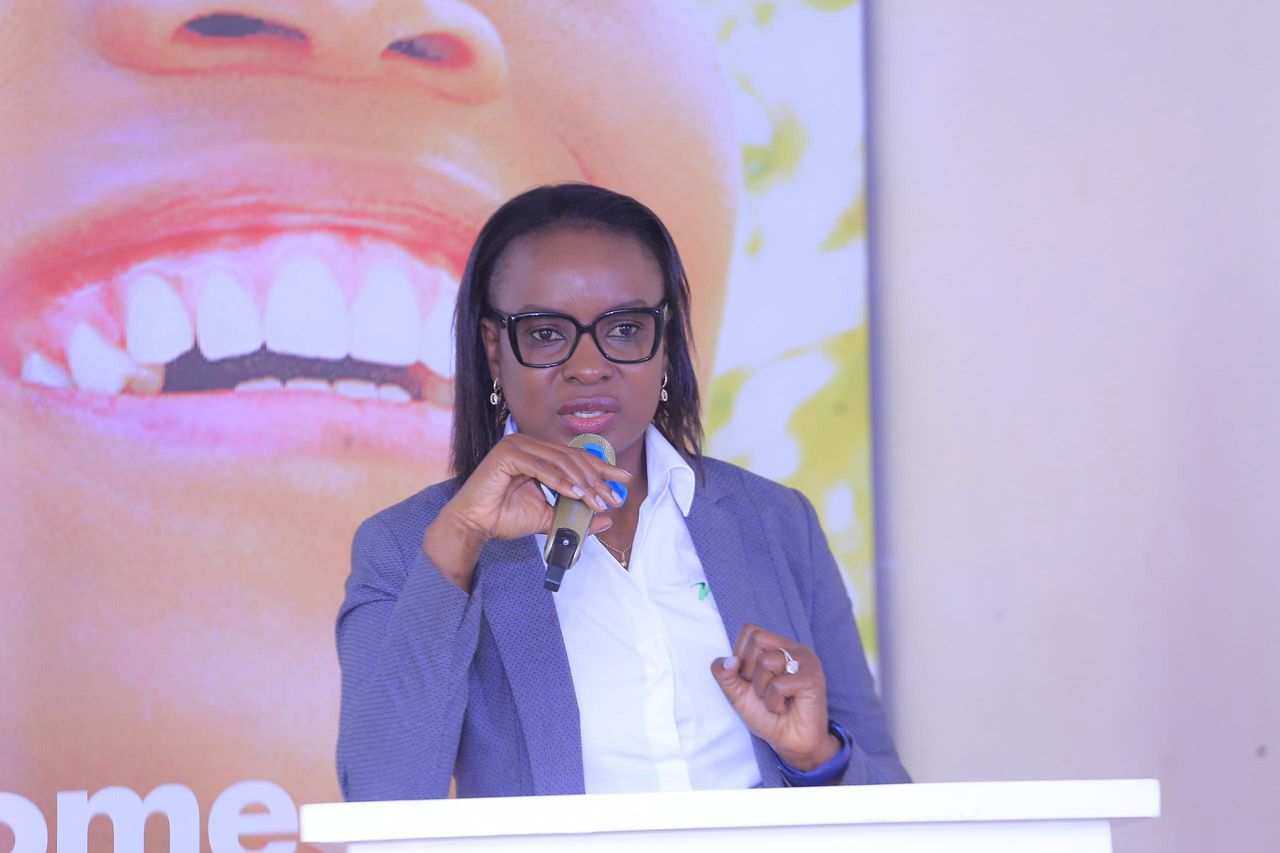In a major boost for Uganda’s export ambitions, Saudi Arabia’s premier budget airline Flynas has kicked off the first-ever direct cargo flights connecting Entebbe and Riyadh — a move that promises to reshape agricultural trade flows between East Africa and the Gulf.
Touching down three times a week — on Mondays, Thursdays, and Saturdays — the new service unlocks 6 tonnes of weekly cargo capacity. Each flight offers 2 tons of space, specifically aimed at fast-moving perishables like fresh produce, chilled fish, vegetables, and general freight.
“This is a game-changer for Uganda’s exporters,” said Wail Dagash, chief executive of Jet Fresh Cargo, the airline’s General Sales & Service Agent (GSSA) in Uganda.
“For years, logistics have posed a barrier to trade. But now, we have a direct, reliable lifeline to a major Middle Eastern market.” The direct Entebbe-Riyadh link drastically shortens delivery times, with outbound flights clocking just 4 hours and 40 minutes.
Departing at 4:20am local time and landing in Riyadh by 9am, the schedule is optimized for fresh cargo, with bookings accepted up to 4pm the previous day. Packages up to 120×160 cm are welcome on board.
The new airbridge arrives at a critical juncture. While Uganda’s exports to Saudi Arabia reached $8.18 million in 2023 — driven by chilled fish ($3.81M), coffee ($1.37M), tropical fruits, dairy, and vegetables — the trade balance is still skewed.
Saudi exports to Uganda were valued at $417 million the same year, despite a notable drop from $607 million in 2018.
“There’s a huge opportunity to bridge that trade gap,” Dagash noted.
“We’ve seen a steady 10% annual growth in Uganda’s exports to the Kingdom over the past five years. This direct route could accelerate that trend.” The diaspora is also playing a quiet but vital role. With an estimated 150,000 Ugandans living in Saudi Arabia, demand for homegrown products is rising.
“These flights don’t just carry cargo — they carry culture and connection,” Dagash added. “They bring Uganda closer to its people abroad.” Flynas’ move is part of a wider strategy to solidify its presence in Africa. The airline began passenger operations to Entebbe in January 2025, expanding its reach as Saudi Arabia pushes to diversify its trade and aviation portfolio under Vision 2030.
Now the region’s top low-cost carrier, Flynas operates 1,500 flights weekly across 139 routes — 70 domestic and 69 international — serving 30 countries. The carrier has racked up accolades, including being named the Middle East’s Leading Low-Cost Airline by World Travel Awards and ranked fourth globally by Skytrax in its category. Dagash sees this as just the beginning.
“With Riyadh and Jeddah covered, there’s room for transshipment to destinations beyond. This model can evolve to serve the entire Gulf Cooperation Council (GCC) region.” He urged Ugandan producers to rise to the occasion: “Let’s use this corridor wisely. The window is open — our farmers and exporters must step through.”
As of April 2025, Flynas is the only airline offering direct air cargo flights from Entebbe International Airport to Riyadh, Saudi Arabia.
Other airlines, such as Emirates SkyCargo, Ethiopian Airlines Cargo, Etihad Cargo, and Qatar Airways Cargo, operate cargo services from Entebbe to various destinations, including connections to the Middle East.
However, these services typically involve layovers or transshipments through their respective hubs in cities like Dubai, Addis Ababa, Abu Dhabi, and Doha, rather than offering direct flights to Riyadh – leaving Flynas as the lone sky ranger for direct cargo link between Riyadh and Entebbe.
As air cargo demand continues to rise globally, especially for high-value perishables, Uganda’s new direct air link with Riyadh could become a cornerstone of its export economy — cutting freight costs, increasing competitiveness, and opening new doors in the Gulf and beyond.
Flynas, Saudi Arabia’s leading low-cost airline, commenced its inaugural direct flights between Riyadh and Entebbe on January 15, 2025.
The first flight departed from King Khalid International Airport in Riyadh and arrived at Entebbe International Airport at 3:30am local time on January 16, 2025.
This new route operates thrice weekly—on Mondays, Thursdays, and Saturdays—enhancing connectivity between Saudi Arabia and Uganda.
]]>


